
Plant Chemetics Laboratory
University of Oxford
Welcome to the Plant Chemetics Laboratory
The Plant Chemetics lab investigates the molecular mechanisms underpinning host manipulation by plant pathogens, with a particular focus on apoplast manipulation of Solanaceous plants by bacterial microbes. Our research activities also aim at improving molecular pharming of secreted (glyco)proteins through the depletion of immune responses and by removing secreted proteases. Unique is our approach to discover novel plant-pathogen interactions using structure predictions with AI and display protein activities by pioneering chemical proteomics using (re-) activity-based probes. Please contact us if you are interested to join or collaborate!
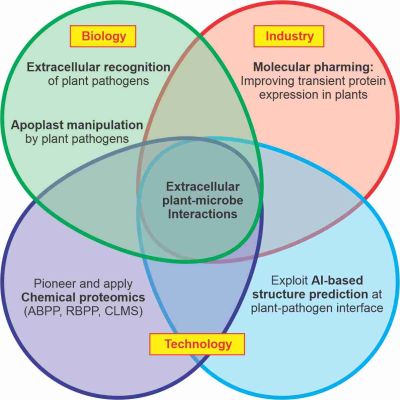
News
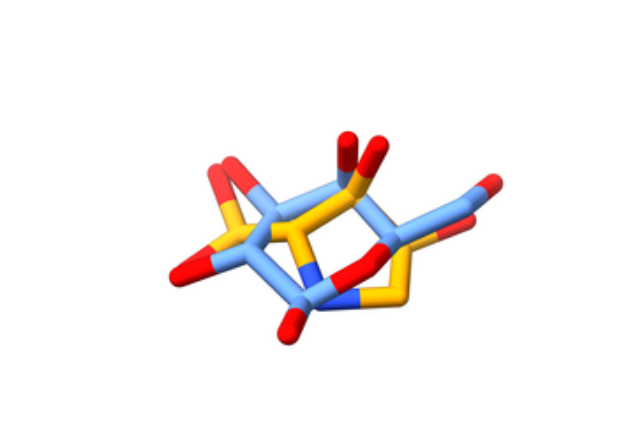
April 2025
Published in Science! The BGAL1-inhibitor produced by Pseudomonas syringae is a novel iminosugar that also alters host glycobiology! Well done Tee and Bala! A great interdisciplinary collaboration with labs of Fraser, Kaiser, Preston, Strasser and Zhang!

January 2025
Happy 2025!!! New year dinner at Somerville College. Looking back at an excellent 2024 and forward to an exciting 2025!
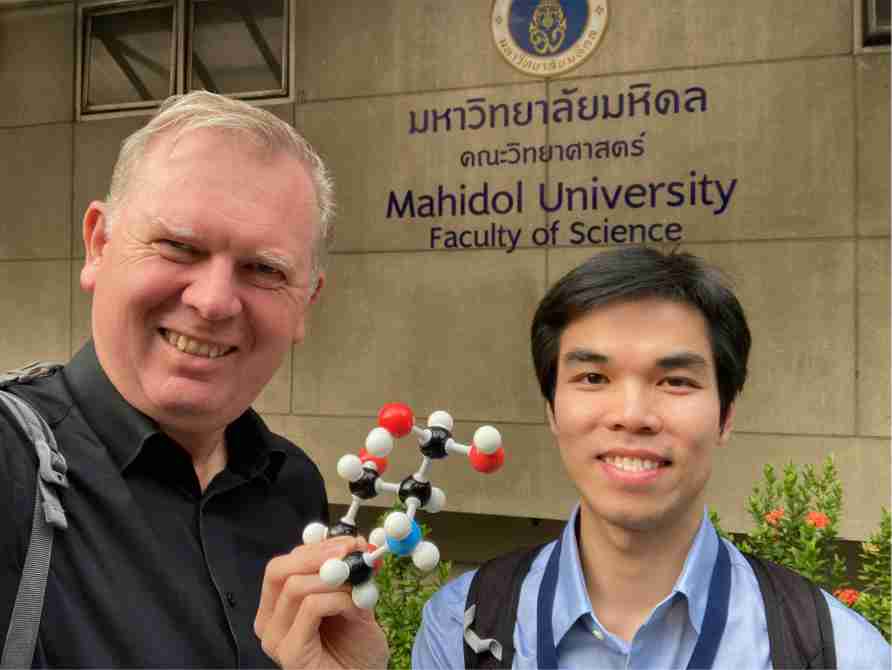
December 2024
Visiting Tee! Tee (Nattapong Sanguankiattichai) with his glycosyrin molecule has shown me his own laboratory at Mahidol University in Bangkok.
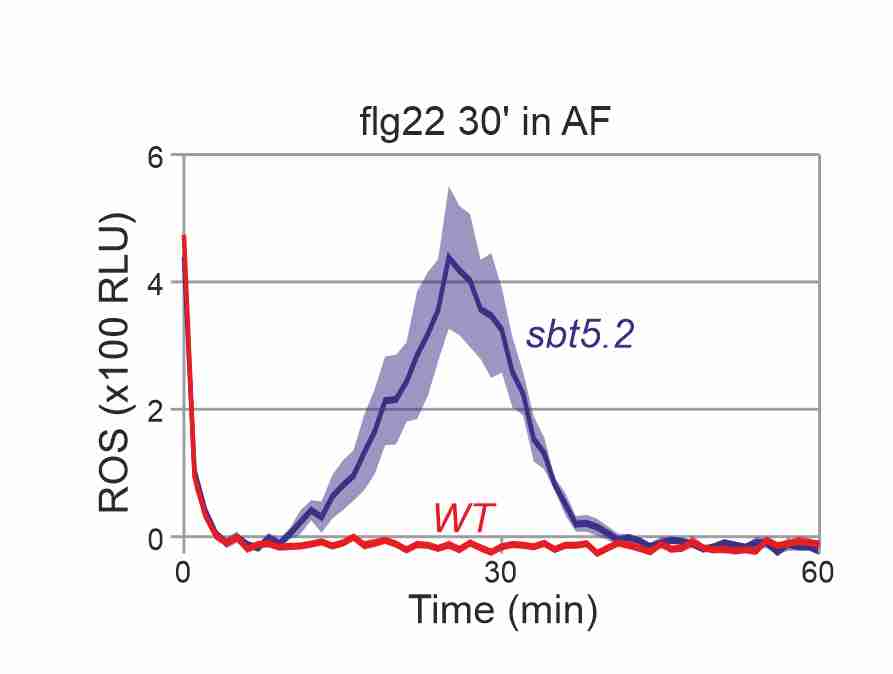
December 2024
Pierre's paper: Extracellular subtilases inactivate flagellin immunogenicity. See Nature Communications.
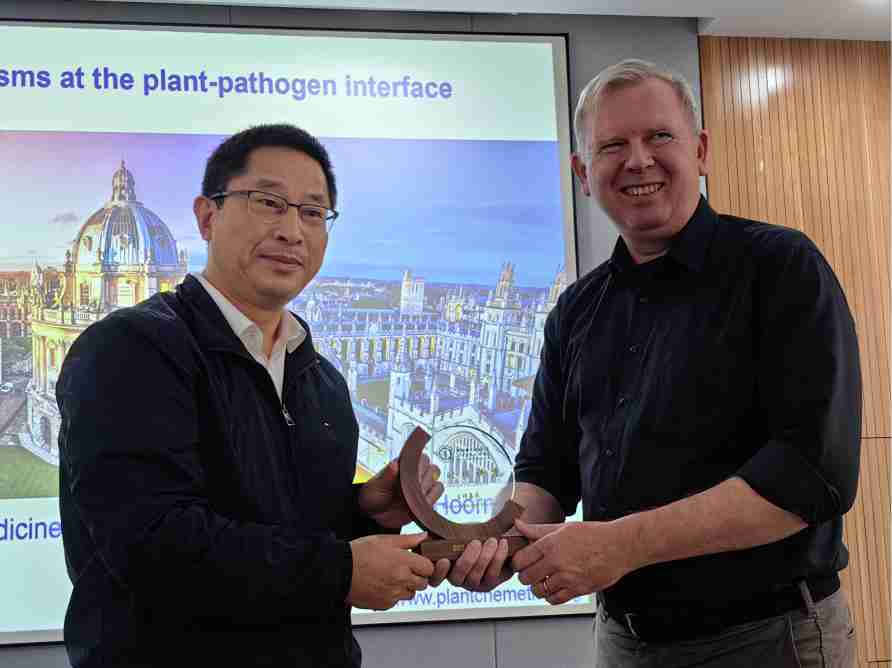
November 2024
Renier receives the commemorative plaque for the 'Shitsan Pai Lecture' at the Department of Life Sciences and Medicine in Hefei, China. See here!
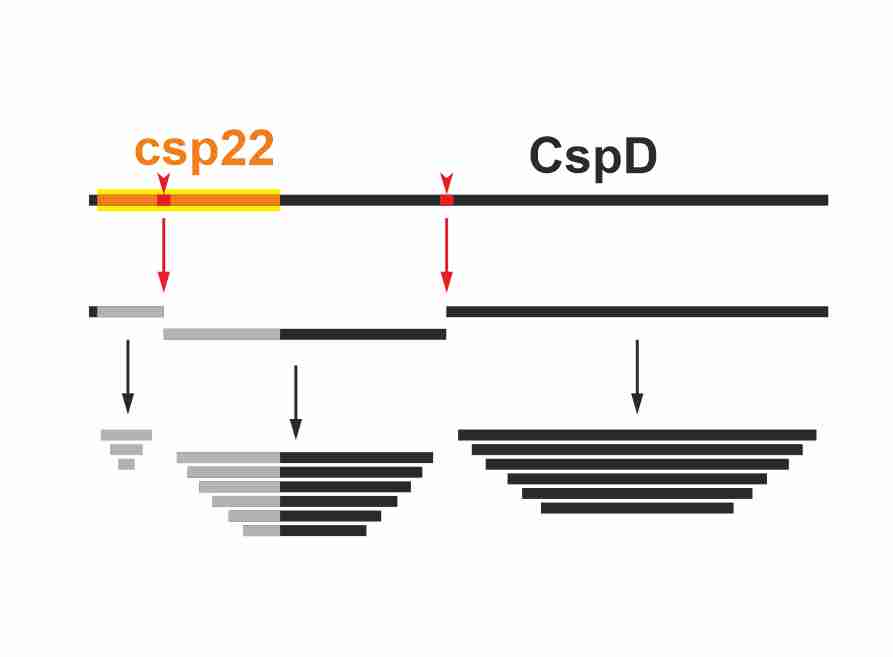
November 2024
Dampening defences! Changlong discovered that the cold shock protein elicitor is inactivated by plant-sectreted apoplastic proteases. See Nature Plants!

November 2024
Visiting the Great Wall with former team members Changlong Chen and Shijian Song, both now running their own research labs in China.

October 2024
Bye Tee! Tee moved back to Bangkok to start his own research lab, after nearly 8 years in Oxford as PhD and postdoc. Success Tee!

September 2024
Labretreat (with fossil hunt!) in the Wood Advent Granary in Somerset. Fantastic new research ideas!

September 2024
Catching up with former team members at PP2024 in Hohenheim, now all running their own research labs: Johana in Cologne, Daniella in Trondheim and Mariana in Halle!

August 2024
Renier receives award for Highly Commended Research Supervisor at in the Interdisciplinary Bioscience DTP.
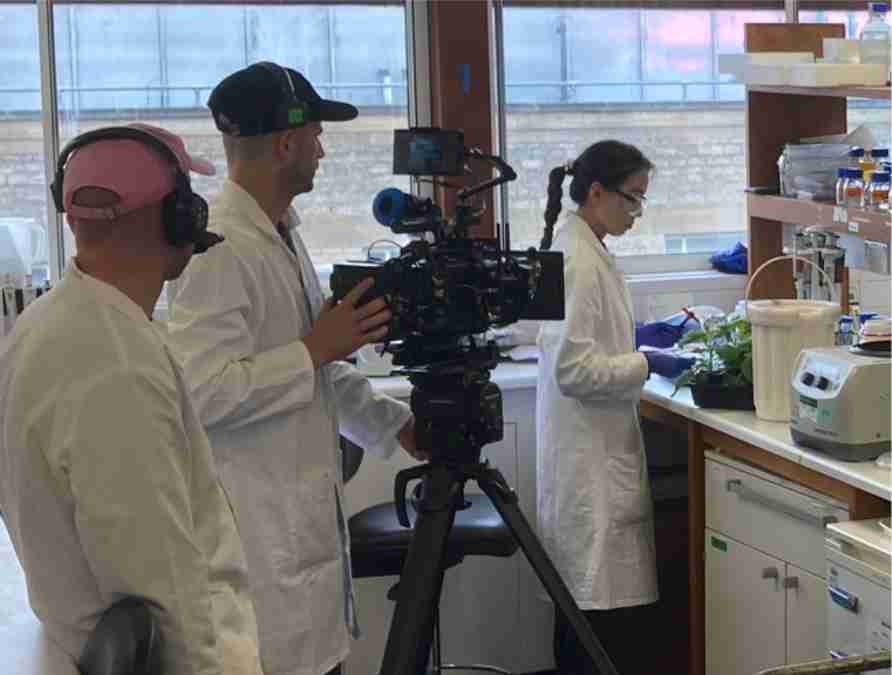
July 2024
DeepMind sends film crew to document the use of AlphaFold to elucidate plant-pathogen interactions.
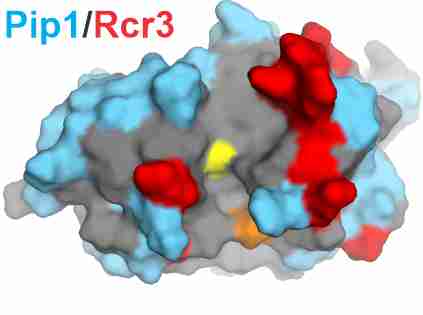
June 2024
Bioengineering proteases into coreceptors! Jiorgos Kourelis has identified residues in orthologs and paralogs of immune protease Rcr3 of tomato that can be bioengineered to turn them into co-receptors for the recognition of protease inhibitor Avr2 of Cladosporium fulvum. Read more in The Plant Cell!
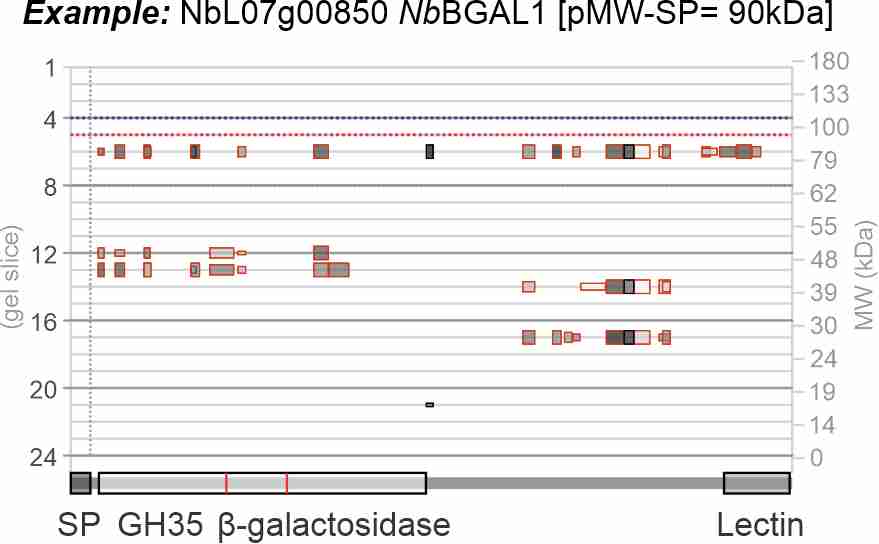
June 2024
Protomap! An impressive proteomic dataset reveals extensive endogenous processing of plant proteins. This dataset reveales the migration and topology of >5,000 plant proteins in protein gels! Read more in New Phytologist!